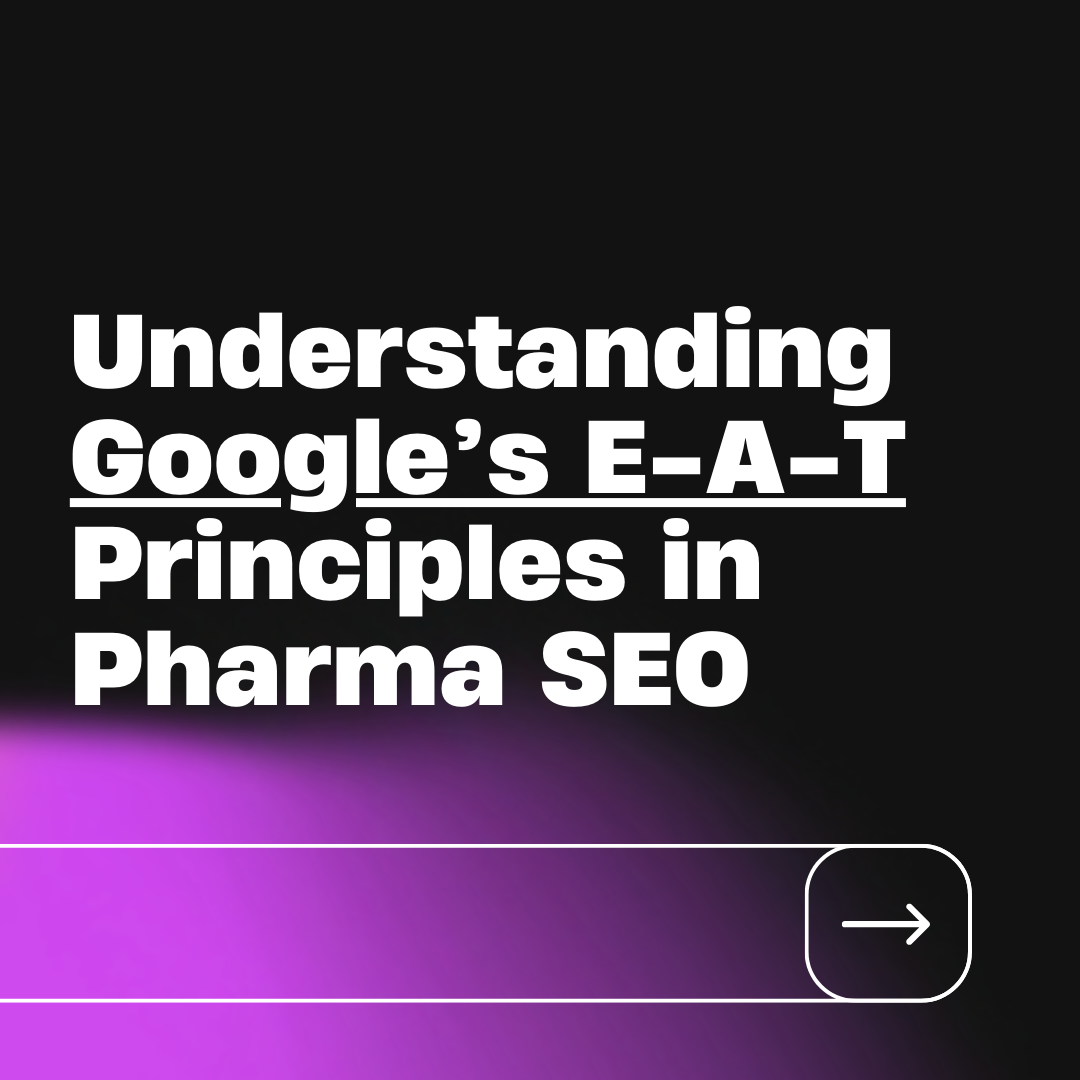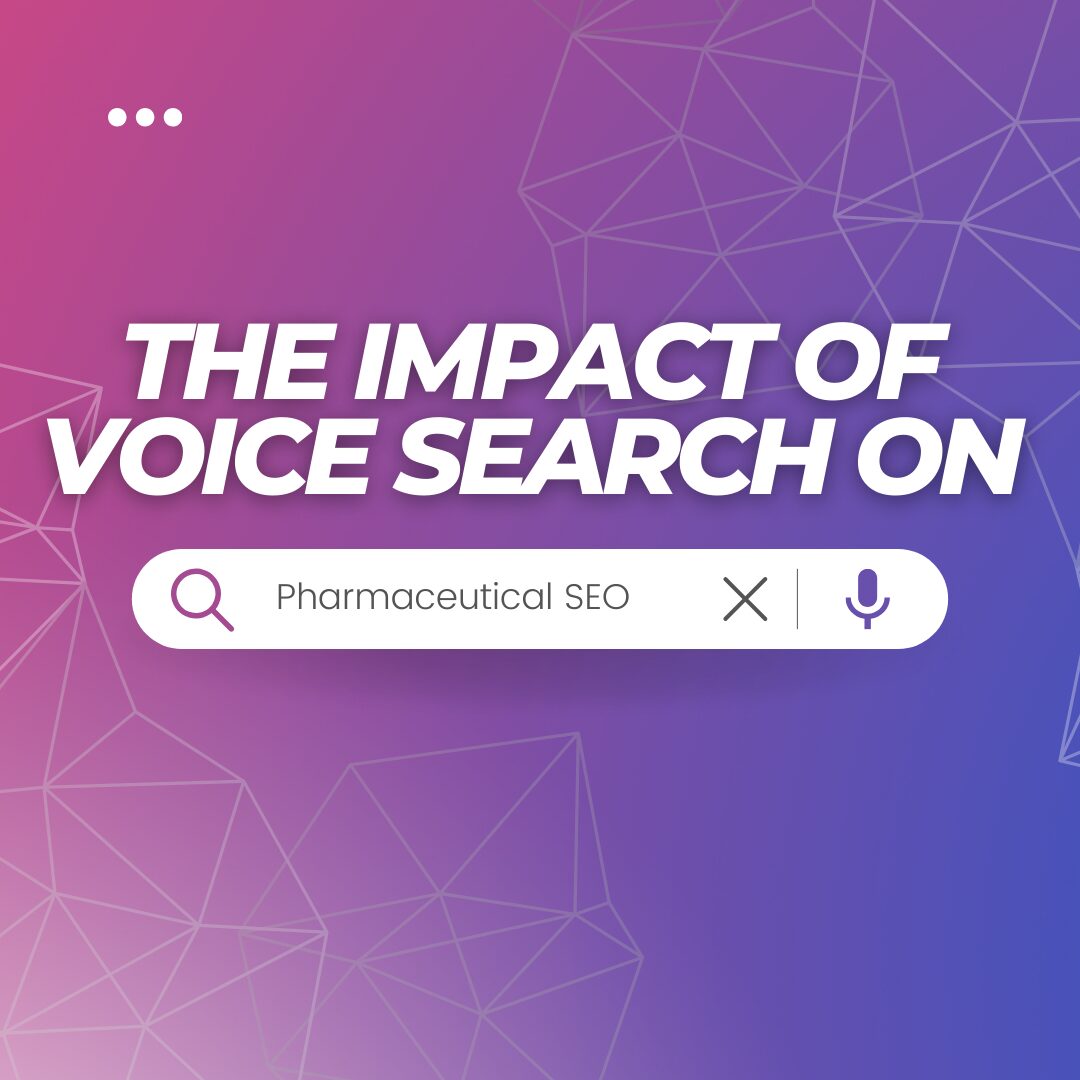In the realm of search engine optimization (SEO), Google’s E-A-T principles—Expertise, Authority, and Trustworthiness—serve as crucial benchmarks for assessing the quality of a website’s content, especially in industries where accurate and reliable information is paramount, such as the pharmaceutical sector. Understanding and implementing these principles is not just about improving search rankings; it’s about ensuring that the content provided meets the highest standards of informational integrity and usefulness.
Expertise in Pharmaceutical Content
In the pharmaceutical industry, the demonstration of expertise in content is not just beneficial for SEO; it is a critical requirement. Expertise ensures that the information provided is accurate, reliable, and useful, directly affecting public health and personal health decisions.
Importance of Qualified Authors and Scientific Backing
The first step in establishing expertise is ensuring that content is created or reviewed by qualified professionals. In the context of pharmaceuticals, this means that the information should ideally be written or vetted by healthcare professionals, such as pharmacists, medical doctors, or researchers with a background in the relevant medical fields. This expertise not only enhances the credibility of the content but also ensures compliance with regulatory standards, which can be stringent in the healthcare sector.
Furthermore, content should be supported by scientific research where applicable. This includes referencing clinical trials, studies, and other scientific evaluations that not only back the claims made but also provide a deeper insight into the topic. Such backing is vital in reinforcing the content’s authority and helping it stand out in a crowded and often competitive digital landscape.
Tips for Showcasing Expertise in Content
- Highlight Author Credentials: Clearly display the qualifications and backgrounds of the authors or reviewers. This can be done through author bios at the end of articles, or even better, linked professional profiles that detail their expertise and professional accomplishments.
- Use Citations and References: Make it a standard practice to cite sources and include references for scientific data. This not only builds trust but also allows readers to verify the information independently, further enhancing the perceived expertise of your content.
- Regularly Update Content: Ensure that all content, especially on critical health topics, is regularly updated to reflect the latest research and clinical data. This commitment to current and relevant information reflects a high level of expertise.
- Educational Content Formats: Use formats that convey depth of knowledge, such as white papers, detailed guides, and comprehensive case studies. These formats allow for an in-depth exploration of topics, showcasing a higher level of expertise than more superficial content types.
- Engage with Professional Communities: Encourage your experts to engage with other professionals through conferences, webinars, and professional social media groups. Participation in these communities not only builds individual authority but also enhances the overall brand’s credibility.
Authority
In the world of pharmaceutical SEO, authority plays a central role in establishing the credibility and influence of your content. Authority is essentially about how your content and brand are perceived by others in the industry and by search engines, which can significantly impact your search rankings and the trust that potential readers place in your information.
Building Authority Through Reputable Links and Citations
One of the most effective ways to build authority is through the acquisition of backlinks from reputable sites within the medical and healthcare fields. Links from authoritative domains such as respected medical journals, educational institutions, and government health websites serve as strong endorsements for your content. These backlinks tell search engines that credible sources recognize your website’s value, enhancing your site’s authority.
Similarly, citing authoritative sources within your content helps to bolster your arguments or claims and demonstrates a commitment to quality and accuracy. When you reference and link to established research or recognized experts, you align your content with the trusted pillars of the scientific and medical communities. This not only strengthens the credibility of your content but also improves its usefulness, making it more likely to be referenced and shared by others, further building your authority.
Role of Professional Endorsements
Endorsements from well-known professionals in the pharmaceutical and healthcare industries can also significantly enhance your authority. These can come in various forms, such as:
- Expert Contributions: Inviting industry experts to write guest posts or contribute quotes and insights to your articles.
- Collaborations: Partnering with research institutions or healthcare organizations to create content or conduct studies.
- Testimonials: Featuring testimonials from respected figures within the industry on your website or in your content.
Each endorsement acts as a vote of confidence in your brand’s authority, elevating your standing within the community and among your target audience. Moreover, these professional endorsements can be highlighted in your marketing materials and on social media platforms, further amplifying your authority and reach.
Trustworthiness
Trustworthiness is a critical pillar in pharmaceutical SEO, pivotal for maintaining the integrity of the information shared and ensuring that it meets the stringent standards expected by both users and regulatory bodies. In an industry where the information provided can directly impact health outcomes, building and maintaining trust is not only essential for SEO success but also for ethical responsibility.
Ensuring Accurate and Compliant Information
Accuracy is paramount in pharmaceutical content. Every piece of information must be fact-checked and supported by legitimate research and data. This involves:
- Rigorous Verification: Employing a thorough review process where content is regularly checked and verified by qualified professionals.
- Compliance with Regulations: Adhering to guidelines set by authoritative bodies like the FDA or EMA is crucial. This compliance should be evident in all published materials, ensuring that all claims are substantiated, and that advertising guidelines are followed meticulously.
- Clear, Transparent Communication: Avoiding ambiguous statements and ensuring that all content is clear and straightforward helps in minimizing misunderstandings and misinterpretations, which is essential for maintaining trust.
Security Features to Build Trust with Users
The digital nature of modern pharmaceutical communications also demands a high level of cybersecurity to protect user data and enhance trust. Implementing robust security features is crucial, including:
- HTTPS Encryption: Using HTTPS rather than HTTP ensures that all communications between your website and its users are encrypted, safeguarding against data breaches and cyber-attacks.
- Data Privacy Policies: Clearly stating your data privacy policies and adhering to data protection regulations such as GDPR (for European users) or HIPAA (for healthcare information in the U.S.) reassures users about their data privacy.
- Secure User Interfaces: Ensuring that all aspects of user interaction, from contact forms to online consultations, are secure and that user data is handled with the utmost care.
Conclusion
Understanding and applying Google’s E-A-T principles—Expertise, Authority, and Trustworthiness—is essential for any pharmaceutical company aiming to enhance its online presence through SEO. These principles are not merely guidelines but foundational elements that ensure the content provided is not only visible but also valuable and credible.
Expertise ensures that the information shared is accurate and reliable, crafted by or under the guidance of knowledgeable professionals. This is crucial in a field where information can directly influence health outcomes. Authority is established through endorsements and citations from reputable sources, enhancing the perceived credibility of your content. Meanwhile, Trustworthiness involves consistent accuracy and adherence to regulatory standards, coupled with robust security measures to protect user data and privacy.
In an industry like pharmaceuticals, where the accuracy and integrity of information are paramount, focusing on these quality and credibility aspects is not just beneficial but necessary. By embedding these principles into your SEO strategy, you can assure users and search engines of your commitment to providing dependable and valuable information, thereby not just improving your rankings but also fostering trust and authority in a competitive digital landscape.

